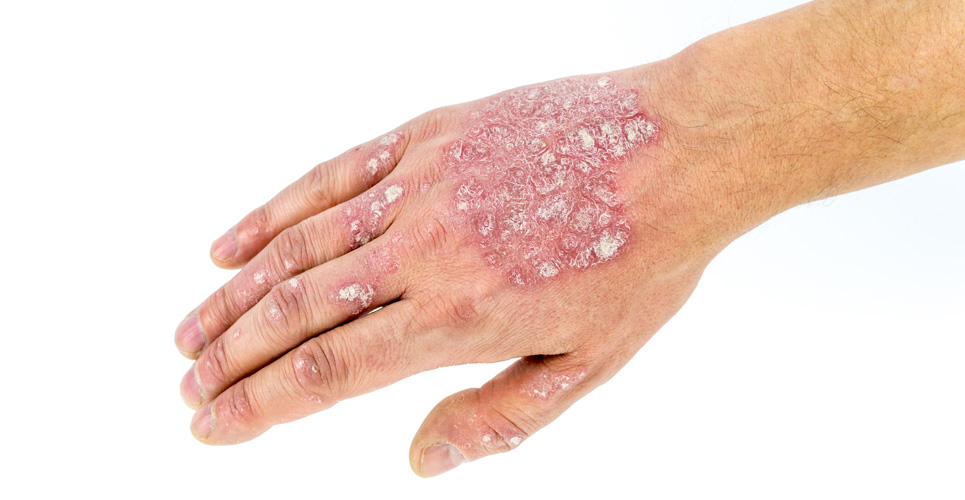teaser
Novartis has announced positive results from three Phase II trials showing that AIN457 (secukinumab) produced a quick and significant improvement of symptoms in patients with moderate-to-severe plaque psoriasis.
The results were presented at the annual European Academy of Dermatology and Venereology (EADV) Congress, in Lisbon, Portugal.
In one study, 81% of patients receiving AIN457 150mg subcutaneously once a month experienced at least a 75% improvement of psoriasis signs and symptoms as measured by PASI (Psoriasis Area and Severity Index) vs 9% for placebo at week 12 (p<0.001).
In another study, results also showed that 83% of patients who were given an intravenous starting dose of AIN457 experienced at least a 75% improvement of symptoms vs 10% for placebo.
A third study showed that receiving AIN457 in the first month was beneficial to 55% of patients vs 2% for placebo at week 12 (p<0.001).
“These data suggest that AIN457 could potentially bring about a considerable improvement in the lives of patients with moderate-to-severe plaque psoriasis by producing a rapid response and substantial relief of symptoms,” said Dr. Kim Papp, Dermatologist and Director of Research at Probity Medical Research, Waterloo, Ontario, Canada, and one of the investigators of the studies.
“Plaque psoriasis is a disruptive and often painful chronic immune disease and there is a critical need for new treatment options that combine long-term efficacy with a favourable safety profile.”
AIN457 is a fully human, targeted monoclonal antibody that specifically and rapidly binds to and neutralises interleukin-17A (IL-17A), an inflammatory cytokine implicated in a number of immune-mediated diseases, including psoriasis.
“We are encouraged by these positive Phase II results and look forward to receiving the results of larger-scale and longer-term Phase III studies with AIN457 which began this year,” said John Hohneker, Global Head of Development for Integrated Hospital Care at Novartis.
“Novartis is committed to providing new treatment options for patients with moderate-to-severe plaque psoriasis, who face significant daily physical discomfort as well as the serious psychological impact of living with this disease.”
Plaque psoriasis is a common hereditary, immune-mediated systemic disorder characterised by skin lesions, called plaques. Approximately 2% of the population has plaque psoriasis and 30% of these patients suffer from its moderate-to-severe form.
Chronic plaque psoriasis can have a profound impact on a patient’s life.
The skin lesions associated with plaque psoriasis are associated with significant symptoms, such as itching, scaling and pain, which ultimately impact a patient’s emotional, social, occupational and physical functioning.
The effects of chronic plaque psoriasis on patient’s reduced health related quality of life are similar to those seen with arthritis, hypertension, heart disease, diabetes and depression.

